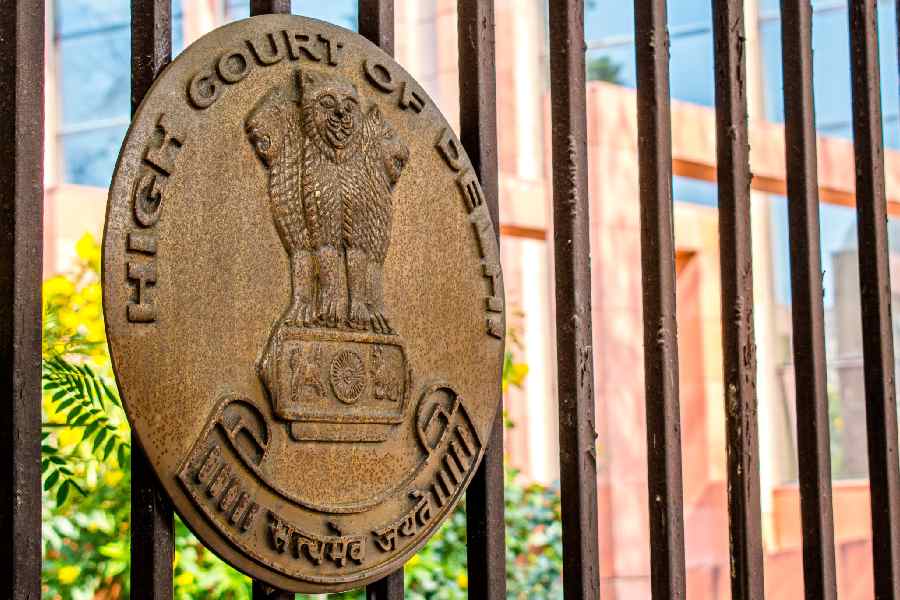A recent ruling of the Delhi High Court raises certain puzzling questions. The court declared the appointment of Vaidya Jayant Yeshwant Deopujari as chairperson of the National Commission for Indian System of Medicine illegal. This was because Mr Deopujari had a PhD degree but did not have the post-graduate degree in Indian medicine as stipulated by the NCISM Act. A chairperson of the Commission requires a post-graduate degree in the subject, not a PhD. It may be that Mr Deopujari went straight into PhD after his graduate degree. The Delhi High Court said that PhD is a research degree and is awarded for research in a particular subject without any fixed syllabus or standards of judgment as in an examination whereas a post-graduate degree is awarded after passing a fixed course. The court was responding to a petition brought by two former presidents of the Central Council of Indian Medicine. The Supreme Court has stayed the ruling and will look into the matter.
On the face of it, this is a confusing judgment. In people’s perception, a PhD degree is supposed to be superior to a post-graduate degree. In some universities, students who qualify for it after becoming graduates are allowed to pursue it straightaway. And a post-graduate degree in a subject different from the subject for graduation and later research is often considered a welcome broadening of knowledge. Evidently, such considerations are irrelevant to the stipulation of the NCISM Act. Besides, the court found that research in one particular subject was inferior to a specialised course of study. That a PhD is not possible without such specialised knowledge, however acquired, was also irrelevant. The other issue raised by the judgment is the importance of following stipulations to the letter. If an MD or equivalent degree is asked for, that is all that is required. There should be no exceptions. A candidate with a research degree becomes under-qualified, not over-qualified. This raises a relevant — but worrying — query. Is higher education or a lofty educational degree turning into a burden in this day and age? Is this the result of a utilitarian approach on the part of policy that perceives the pursuit of education only as a means of acquiring employment or meeting criteria for employment? The questions will also have to be considered within the special conditions of the field of medicine. But even if a post-graduate degree is required, can there be any field where a PhD degree is considered inferior to it? At the same time, the lack of Mr Deopujari’s stipulated qualification may be considered as crucial. It is then a question of sticking to the rules.










